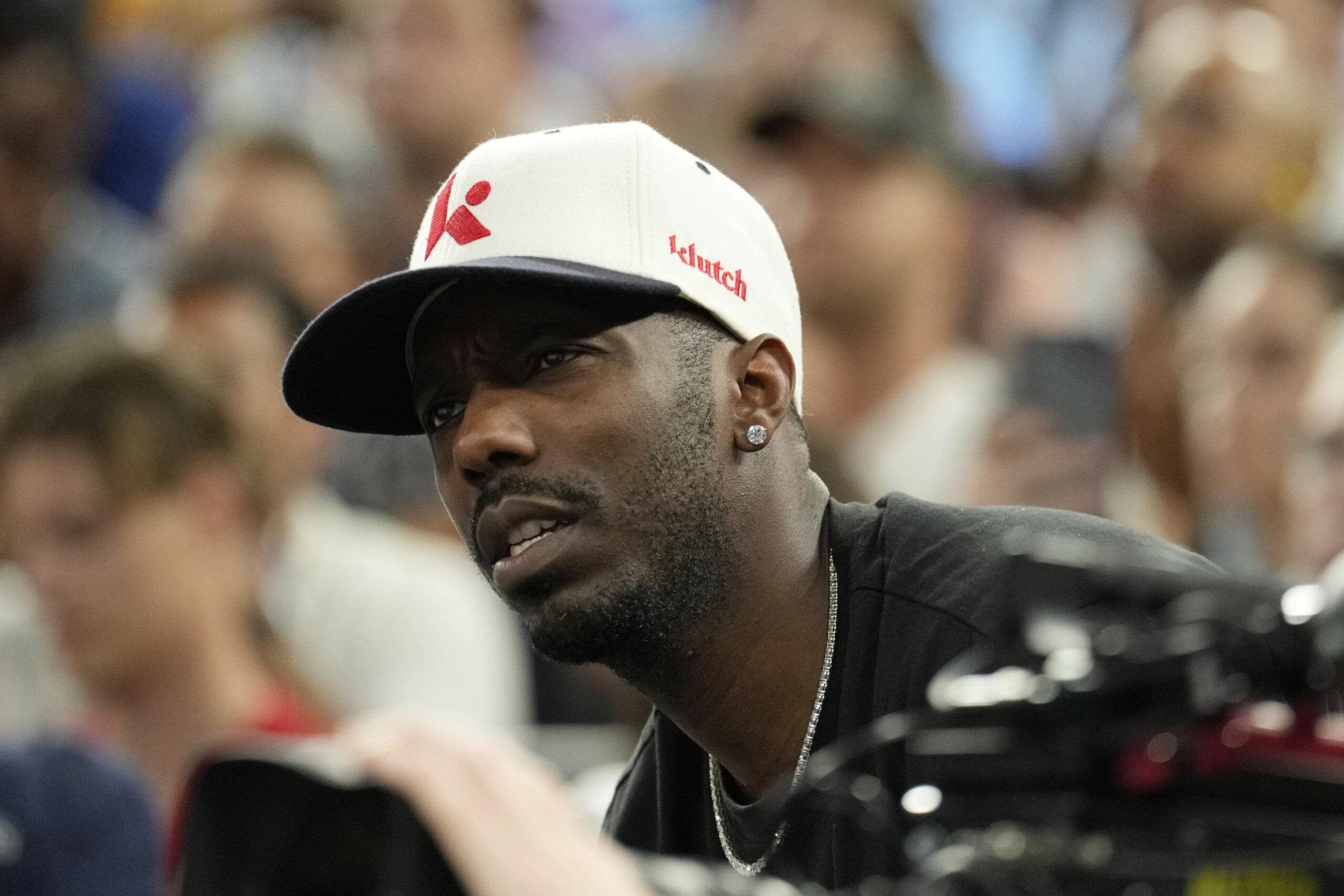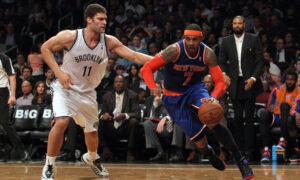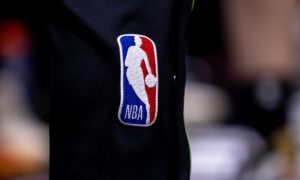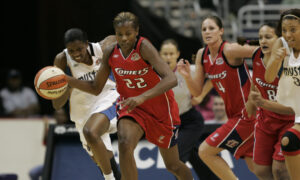The sports industry can be challenging for athletes to navigate, with contracts, endorsements, and public relations requiring a strategic approach. This is where the role of a sports agent comes in. They serve as the crucial figures working behind the scenes to ensure athletes are not only fairly compensated, but also building their brands and legacies. Rich Paul, founder of KLUTCH Sports Group, has redefined the role of a sports agent, supporting his clients in all aspects of their careers.
The Role of a Sports Agent
At its core, the role of a sports agent is to represent athletes in contract negotiations, endorsements, and business ventures. Agents ensure that players receive fair market value for their talents while also securing deals with brands that align with their public personas. Additionally, sports agents handle legalities and manage the financial well-being of their clients.
The modern role of a sports agent involves wearing many hats: they are negotiators, marketers, financial planners, and confidants. This balancing act involves both immediate financial goals and long-term career planning, helping athletes not only succeed in their sport but also thrive beyond it.
Who is Rich Paul?
Rich Paul is one of the most influential sports agents of the 21st century, known to represent some of the biggest names in the NBA. Born and raised in Cleveland, Ohio, Paul initially built a career selling vintage jerseys out of the trunk of his car. His big break came in 2002 when he met LeBron James at an airport, and the two struck up a relationship that would alter the landscape of sports representation forever.
Recognizing Paul’s business skills and drive, LeBron later brought him into his inner circle and management team. Paul quickly rose through the ranks, and in 2012, he founded KLUTCH Sports Group, representing LeBron James as his first client.
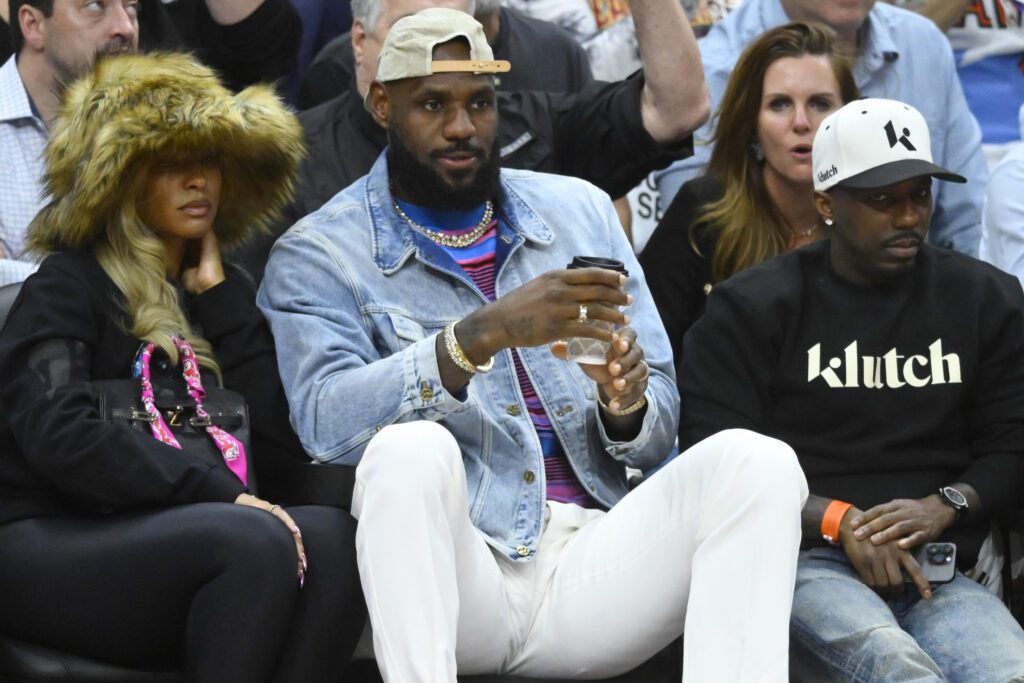
Famous Clients of KLUTCH Sports Group
Rich Paul’s client list reads like a who’s who of professional basketball. Beyond LeBron James, KLUTCH represents other NBA stars such as Anthony Davis, Ben Simmons, and Draymond Green. Anthony Davis’ high-profile trade to the Los Angeles Lakers in 2019 is a prime example of Paul’s ability to navigate complex negotiations. Paul orchestrated Davis’ move in a way that allowed him to join forces with LeBron James in LA, reinforcing KLUTCH’s influence in the NBA.
Paul’s reach has also extended beyond the basketball court. In 2021, KLUTCH Sports ventured into football representation, signing NFL player Chase Young. This move demonstrated Paul’s ambition to extend KLUTCH’s reach beyond basketball, establishing it as a multi-sport force in athlete representation.
The Growth of KLUTCH Sports Group
KLUTCH Sports Group, under Rich Paul’s leadership, has become one of the most influential sports agencies in the world. The agency didn’t just emerge overnight; it was built on Paul’s commitment to placing athlete empowerment at the forefront. Unlike traditional agencies, KLUTCH Sports focuses on making sure its clients have a say in their careers, from the teams they play for to the sponsorship deals they sign.
Paul’s approach to athlete representation is deeply personal. Rather than just focusing on financial gain, he ensures his clients are aligned with projects that speak to their values and long-term career goals. His efforts were instrumental in the NBA’s player-movement era, where top athletes leverage their marketability to dictate trades, opt out of contracts, and sign deals that give them more freedom and power.
Paul has secured lucrative deals for LeBron James, including a historic four-year, $153.3 million contract with the Lakers, cementing him as the NBA’s highest-paid player at the time. He has also expanded client brand reach by landing major endorsements with companies like Nike and Beats by Dre for players like Simmons and Green. Additionally, Paul’s strategy of negotiating shorter-term contracts allows clients to adapt to team changes and market opportunities with more control over their careers.
Challenges and Controversies
Paul’s success has not come without challenges. In 2019, the NCAA implemented the “Rich Paul Rule,” requiring agents to have a bachelor’s degree to represent college athletes. Many viewed this as a targeted move, as Paul rose to prominence without a formal college education. After widespread backlash, the NCAA repealed the rule, underscoring Paul’s influence in the industry.
Conclusion
The role of a sports agent today lies in their ability to transform potential into legacy. Agents are the architects of the path athletes take, providing the tools and insights needed to make decisions in high-stakes environments. Rich Paul has redefined what an agent can achieve, leveraging his relationships, understanding of the sports world, and commitment to athlete-centered advocacy. His work through KLUTCH Sports has set a new standard, opening doors for athletes to excel on their own terms and build lasting influence beyond the game.

